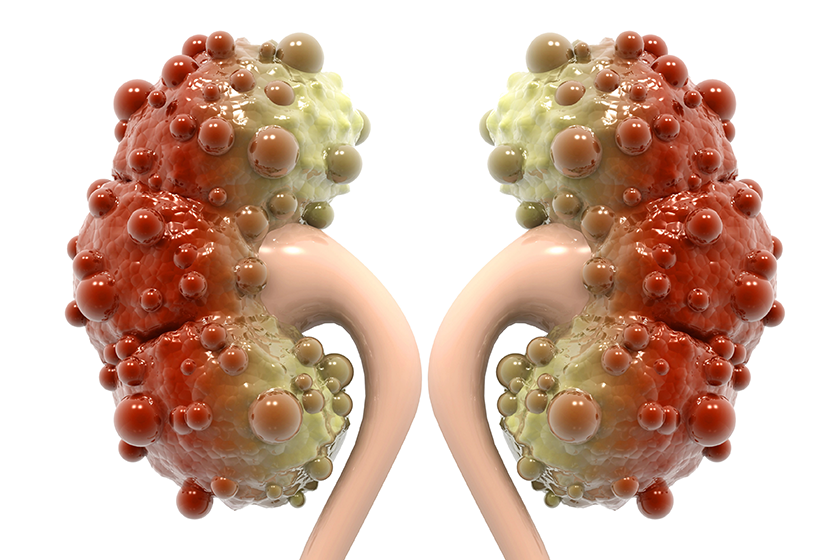As your loved ones grow older, maintaining kidney health becomes increasingly important. While aging naturally leads to changes in kidney function, understanding how these changes impact overall health can empower individuals to take control of their well-being.
Aging and kidney disease are closely connected, with many factors contributing to a gradual decline in function. By being aware of these factors and taking proactive steps, it’s possible to enhance kidney health and continue living a vibrant, fulfilling life in retirement.
Natural Changes in Kidney Function with Age
Kidney function naturally diminishes as we age, leading to reduced efficiency in filtering waste from the body. This is largely due to structural changes in the kidneys, such as a reduction in renal mass and increased glomerulosclerosis. These changes directly affect the glomerular filtration rate (GFR), which measures how efficiently the kidneys filter blood. The GFR peaks around age 30 and steadily declines by approximately 1 mL/min per year, becoming significantly lower by age 70.
Although these changes are a normal part of aging, certain health conditions—such as high blood pressure and diabetes—can accelerate the decline. With proper management of these conditions, the effects on kidney function can be minimized, supporting better long-term health.
Recognizing Risk Factors for Kidney Disease
Aging itself is a major risk factor for kidney disease, but other contributing factors increase the likelihood of developing chronic kidney disease (CKD). These include diabetes, obesity, hypertension, cardiovascular issues, and a family history of kidney problems. As these risk factors accumulate with age, the chances of developing CKD rise, especially in individuals over 65.
Regular health screenings for your loved ones are vital for early detection of kidney disease. Simple blood tests can reveal changes in kidney function, allowing for timely interventions. Early management of these risk factors can help prevent CKD from progressing and improve overall quality of life for those affected.
Immune System Aging and Its Impact on Kidney Health
The aging process not only affects the kidneys directly but also weakens the immune system, a phenomenon known as immunosenescence. This decline in immune function makes your loved ones more susceptible to chronic inflammation, which can further damage the kidneys. Immunosenescence contributes to a cycle of inflammation and injury, increasing the risk of infections and other complications that can worsen kidney health.
Maintaining a healthy immune system through balanced nutrition, regular exercise, and appropriate medical care is essential for protecting kidney function. Lifestyle choices, such as incorporating anti-inflammatory foods and engaging in stress-reducing activities, can also support immune health and reduce strain on the kidneys.
Monitoring Kidney Function: A Key to Preventing Complications
Regular monitoring of kidney function is critical for those at risk of kidney disease. Blood tests that measure GFR and other markers of kidney health provide valuable insights into how well the kidneys are functioning. With this information, healthcare providers can adjust treatments and medications to slow the progression of CKD.
For residents in communities that encourage regular health check-ups and promote easy access to medical care, the benefits can be profound. Wellness programs focused on health education and fitness activities further support kidney health by encouraging a proactive approach to well-being.
A Holistic Approach to Kidney Health
Managing kidney disease is about more than just medication—it requires a holistic approach that addresses both physical and emotional well-being. Engaging in activities that promote relaxation, such as yoga or meditation, can help reduce stress, which in turn supports kidney function. Staying active through light exercise, community events, and social activities can also improve circulation and overall health, contributing to better kidney outcomes.
Communities that offer a range of senior living amenities and services, such as nutritious dining options, wellness programs, and accessible outdoor spaces, create an environment where residents can focus on maintaining their health. Tailored programs designed to enhance both physical and mental well-being are essential for managing the complexities of kidney health as we age.
Nurturing a Health-Supportive Environment
Living well with kidney disease is possible when the right support system is in place. With access to medical care, activities that promote health, and a community that understands the unique challenges of aging, your loved ones can confidently take charge of their wellness. Prioritizing both physical and emotional health ensures that managing kidney disease doesn’t stand in the way of living a vibrant life.
We are dedicated to supporting residents in managing their kidney health and overall well-being. Through a variety of engaging activities and wellness-focused services, residents enjoy an environment where retiring with purpose and joy is always possible.






